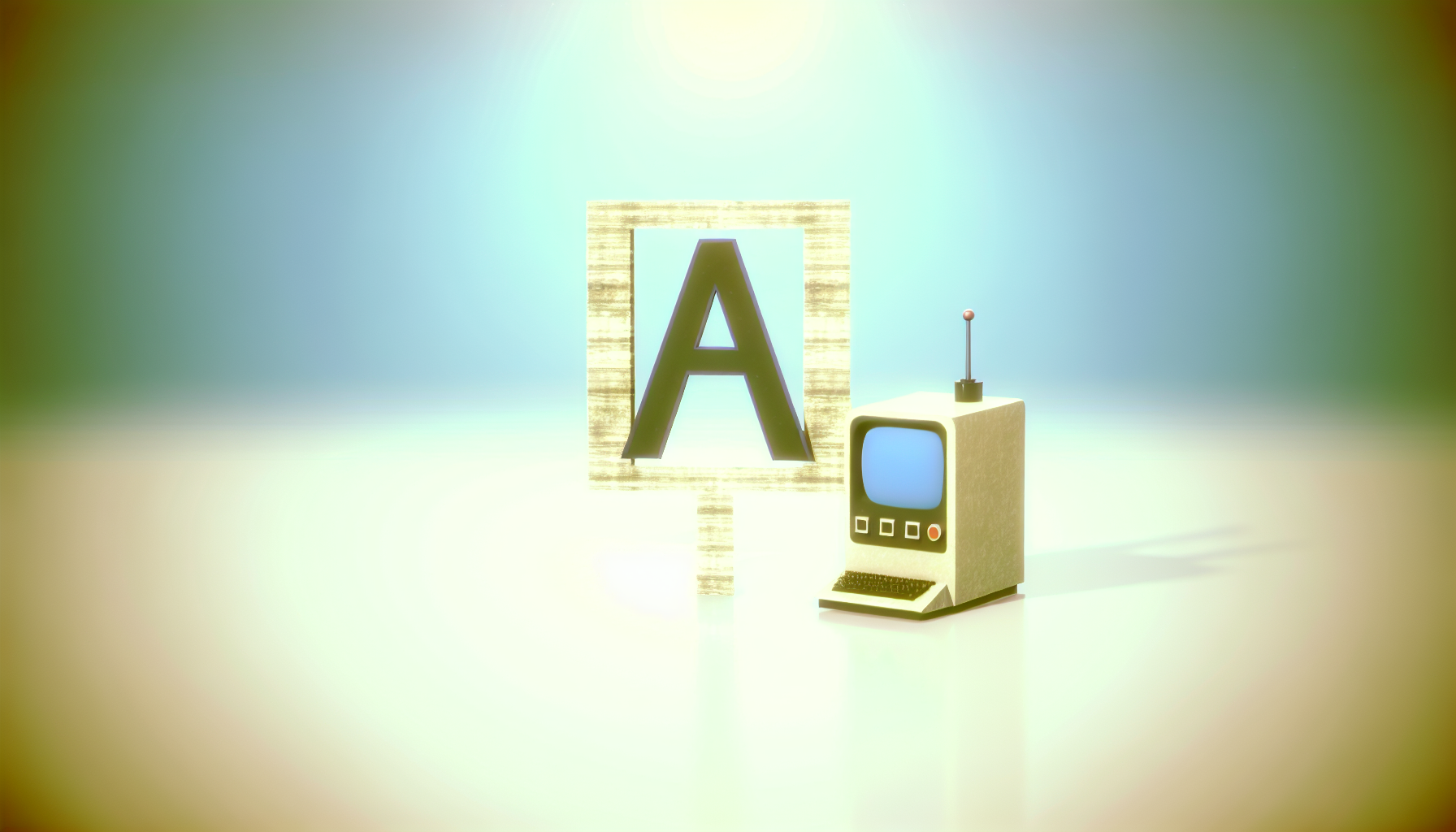In the vast expanse of time, humanity has been on a relentless pursuit to define intelligence. We’ve been quite happy to pat ourselves on the back, thinking humans set the gold standard. Then along came artificial intelligence, casually suggesting the gold standard could use a bit of polishing. The emergence of AI does not just nudge us to rethink intelligence; it obliges us to redefine it. As we embark on this philosophical journey, let’s consider what this evolution means for us—the self-proclaimed most intelligent species on Earth.
The Shifting Sands of Intelligence
For eons, intelligence was synonymous with the human mind’s ability to think, reason, and problem-solve. We defined it through language, creativity, emotional capacity, and our affinity for long philosophical debates over a cup of tea. However, AI challenges these notions by exhibiting facets of intelligence we never foresaw. It can process information at lightning speed, recognize patterns with the precision of a skilled artist, and even learn from its mistakes—much like your roommate who finally stopped buying single-ply toilet paper.
AI does not conform to our traditional understanding of intelligence because it lacks consciousness, emotions, and awareness. So, what does it mean for something to be intelligent if it’s devoid of the very qualities we hold dear?
Expanding the Definition
With AI, we come to realize that intelligence might not be a singular mountain peak, but a sprawling range encompassing various types. Just because AI’s path to intelligence bypasses our cerebral highlands does not mean it is any less valid. AI invites us to expand our understanding of intelligence to include non-human modes of information processing. In this light, intelligence becomes a multifaceted concept encompassing both biological and artificial capabilities.
This broader perspective encourages humility and curiosity, acknowledging that there may be forms of intelligence far beyond our comprehension, much like my cat seems to have an innate understanding of the universe whenever I ask him “Why the litter box smells like that?”
AI and the Human Experience
AI’s rise does not merely redefine intelligence; it transforms our relationship with it. As AI takes over tasks traditionally done by humans, from playing chess to diagnosing diseases, we must reconsider what it means to be intelligent beings in a world where machines can surpass human acumen.
This shifting landscape means that tasks once viewed as indications of intelligence might no longer serve this purpose. We are prompted to value other facets of our humanity—creativity, empathy, and ethical judgment—which machines cannot replicate with any degree of authenticity (or at least, not yet). In this way, AI could be the crucible that refines and strengthens the qualities that make us inherently human.
Intelligence and Ethics
No philosophical inquiry would be complete without a nod to ethics. Intelligence, human or artificial, is not inherently good or evil; it is how we apply it that carries ethical weight. AI’s ability to analyze vast amounts of data efficiently could revolutionize medicine, enhance resource distribution, and enable environmentally sustainable practices. Yet, it can also threaten jobs, privacy, and exacerbate inequalities. Decisions about how and when we deploy AI should not solely be in the hands of technocrats, but must involve a broader dialogue considering ethical, social, and philosophical implications.
Here, the philosophical aspect becomes a moral compass, guiding the direction of our technological developments. Surely, a super-intelligent AI’s functionality should not remind us of a utopian world where only the wealthy enjoy AI’s benefits while the rest of us marvel at its progress from a distance—or so goes the philosophical punchline.
Conclusion: The Journey Ahead
As AI continues to develop, the journey to redefine intelligence will not just be about accommodating new capabilities but also about recognizing the diversity of intelligence itself. We must foster a dialogue encompassing a multitude of perspectives, embracing humility as we navigate our place alongside artificial beings.
This redefinition does not signify the end of human superiority, but rather an invitation to evolve with it. AI may not necessarily surpass us, but it might just bring out the best in us or at least offer a more efficient way to reorder the bookshelves—something any intelligent individual, biological or digital, would recognize as a quintessential human struggle.
In this grand dance between flesh and silicon, we are challenged to question the boundaries and purposes of intelligence and to redefine it in light of our aspirations, limitations, and profound potential. With a mix of wisdom, humor, and patience, we might just navigate this complex relationship, redefining not just intelligence but what it means to be human in an era where the line between man and machine is continually blurred. Now, if only AI could take over these existential blog posts—but alas, it seems I’m still very much needed.

Leave a Reply